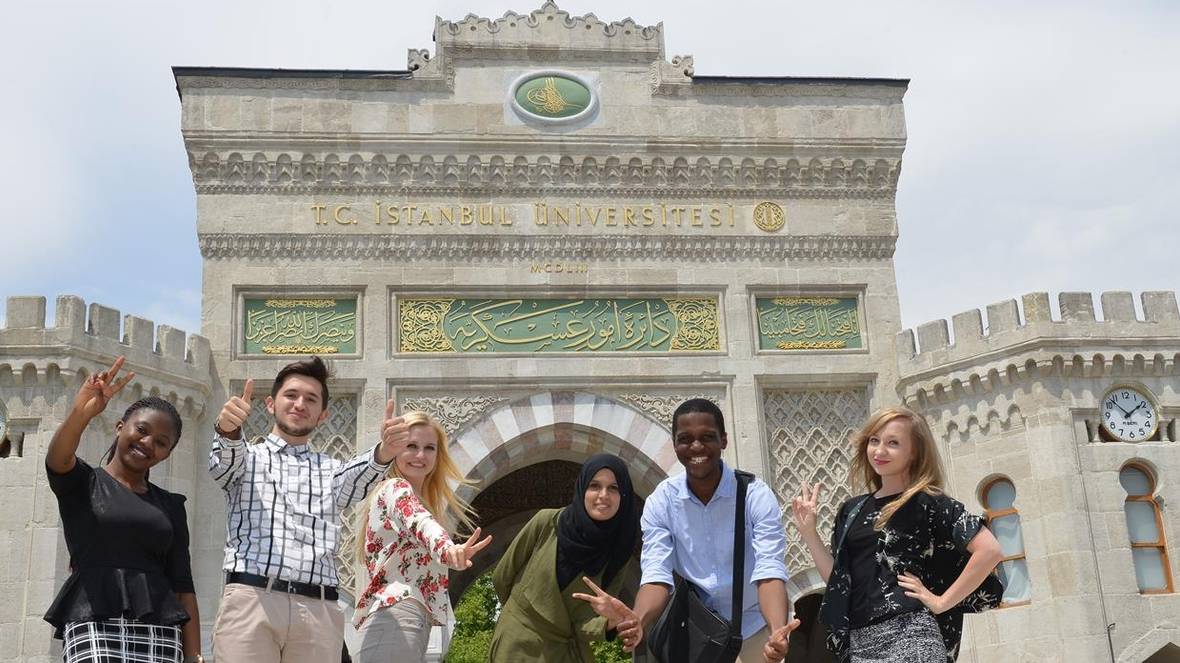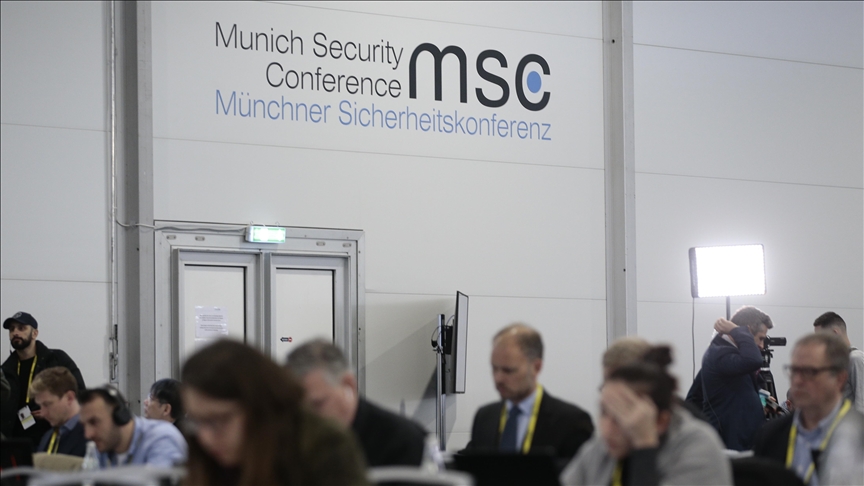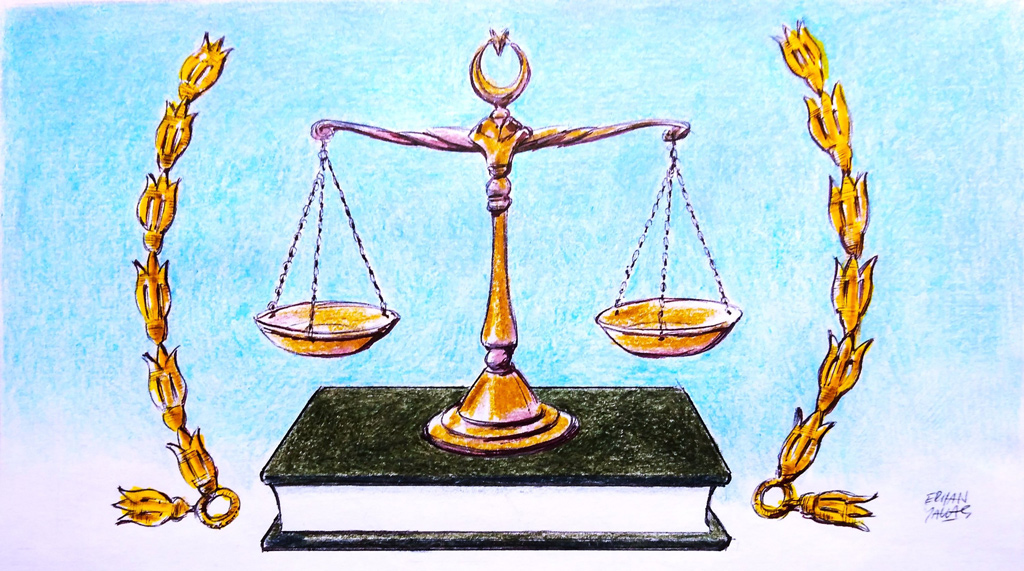The political maturity and the social agreement reached about the political solution of the Kurdish question and the immunity it gained against provocations laid out the infrastructure of a less problematic progress of the process.
The new solution process that has been launched in the last days of 2012 with the meetings held between the National Intelligence Organization (MİT) Undersecretary Hakan Fidan and the outlawed Kurdistan Workers’ Party (PKK) leader Abdullah Öcalan, who is imprisoned in İmralı, might be considered as an initiative to continue and complete the previous two processes. When viewed from this aspect, it comes in sight that all three processes have such dimensions that both differ and intersect. Therefore, the better we understand the main dynamics of the 2005 and the 2009 processes the better we conceive the new process. And the latest developments that took place on the subject in February might shed light on possible evolutions of the process.
HISTORICAL CONTEXT OF THE INITIATIVE
The initial phase of the solution process was Prime Minister Recep Tayyip Erdoğan’s speech on Aug. 12, 2005 in Diyarbakır. Erdoğan acknowledged in his remarks the fact that there is a “Problem” and pronounced it as the “Kurdish Question.” He defined the main solution parameters as “more democracy, more justice and more prosperity.” In other words, this first attempt evaluated the issue as the violation of individual rights (a problem Kurdish citizens have) and postulated a solution that steps should be taken in the direction of democratization and legislation in order to remove barriers in front of exercising these rights. The expression “more prosperity” purported the fact that economic dimension of the issue, a critical but not central one, would also be focused upon.
The 2009 “initiative” formed the second phase of the solution process. According to what we learned via voice records that were leaked to the media later on, the meetings held in the Norwegian city of Oslo among the MİT and the Kandil and Europe branches of the PKK formed the backbone of this process. The opening of the state-owned TRT-6, which broadcast in Kurdish around the clock, represented the most concrete step taken as part of the process. As far as the process’ methodology is concerned, the 2009 initiative was based on the fact that the Kurdish question had the dimensions of both individual and collective rights, and that the PKK problem intertwined with the Kurdish question. In other words, the logic behind this aforementioned process was that the organization, the existence of which is based on the political and sociological ground created by this problem, needs to be included in the process, and that the issue cannot simply be solved by an initiative involving Kurdish citizens only. The main actors representing the PKK/Kurdish movement during the negotiations (all of the Kandil and Europe representatives of the PKK) came from outside Turkey and this was also a critical point in the solution process.
This new process which was launched in the final days of 2012 with the meetings held in İmralı between Öcalan and the MİT officials, signals a third solution attempt. Prime Minister being in the lead, the political will-power bluntly claims the process. The most important characteristic of the solution process is that Öcalan becomes the leading actor as the most influential political figure of the Kurdish politics, while the BDP which has close contacts with Kurdish voters and owns democratic legitimacy becomes a secondary actor.
The transformation period through the first solution attempt to the third has introduced some critical points. Aversion of the military and bureaucratic tutelage (of the regime by the unelected) cleared the way for the ruling Justice and Development Party (AK Party) to take more courageous steps and risks within the context of the Kurdish question. The AK Party, naming the iss









